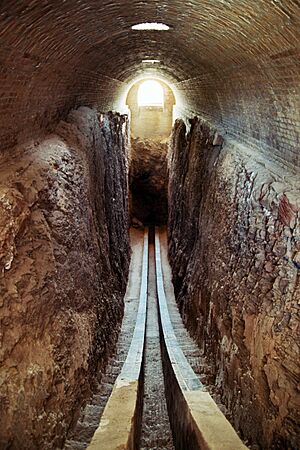Exact sciences facts for kids
The exact sciences are a group of sciences that focus on getting very precise and accurate results. They are often called the exact mathematical sciences because they rely heavily on mathematics. Subjects like mathematics itself, optics (the study of light), astronomy (the study of space), and physics (the study of matter and energy) are great examples. Many famous thinkers throughout history believed these sciences offered the most reliable and objective knowledge.
These sciences have been studied in many different cultures for a very long time. Because they are so connected to math, exact sciences are known for:
- Using accurate numbers and measurements.
- Making very precise predictions.
- Testing ideas (called hypotheses) with strict methods.
- Using measurements to check if predictions are correct.
What Makes Sciences "Exact"?
The idea of "exact sciences" goes back to Aristotle, an ancient Greek philosopher. He separated mathematics from the study of nature. He thought exact sciences were "more natural" parts of mathematics.
Later, Thomas Aquinas used this idea. He explained that astronomy could use math to show the Earth is round. But physics would explain why it's round by looking at what it's made of. This way of thinking was common until the 1600s.
A big change happened during the scientific revolution. Scientists like Johannes Kepler and Isaac Newton started to combine the exact sciences with physics. This meant they began to use precise measurements and math to understand the physical causes of things in nature. This led to many new discoveries!
See also
 In Spanish: Ciencias exactas para niños
In Spanish: Ciencias exactas para niños
- Hard and soft science
- Fundamental science
- Demarcation problem
 | George Robert Carruthers |
 | Patricia Bath |
 | Jan Ernst Matzeliger |
 | Alexander Miles |


